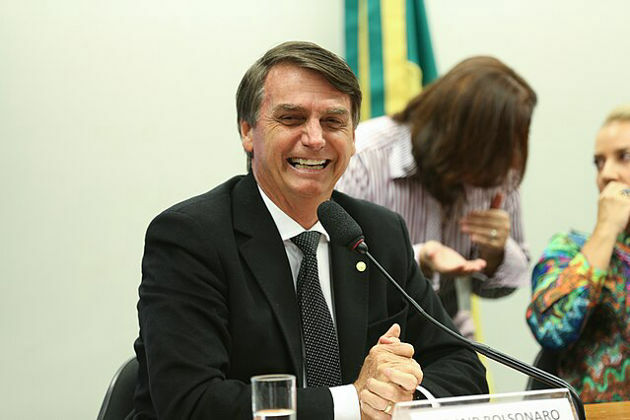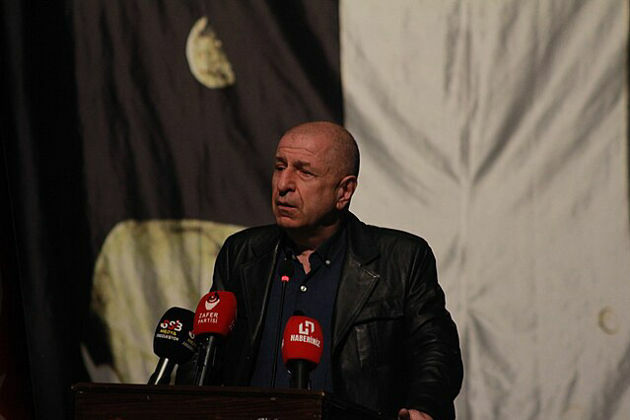MINISTERIAL STATEMENT BY GORDON LYONS MLA, MINISTER FOR COMMUNITIES LAUNCH OF PUBLIC CONSULTATION ON THE EXECUTIVE'S ANTI-POVERTY STRATEGY
Date published:
Mr. Speaker, I wish to make a statement to update the Assembly regarding the Executive's draft Anti-Poverty Strategy.
For too long, there has been no joined-up, cross-departmental approach to tackling the problem of Poverty within our society. That will soon change.
I am pleased to announce that following the Executive's agreement of a draft version of the Anti-Poverty Strategy, today will see the launch of a public consultation to allow the public to have an opportunity to comment on the plans that we have developed.
When I took office, I made it clear that one of my priorities would be tackling poverty. After a legacy of delay in taking this work forward I wanted to work at pace to develop a Strategy which could help make a meaningful difference to those experiencing socio-economic disadvantage in our society.
For me, it was essential that we developed a Strategy that was not only practical but was also sustainable and deliverable. Rather than making promises that couldn't have been kept, I and my Executive colleagues have worked to develop a Strategy which we will make progress against and can and will make a difference to people's lives.
This Strategy is the culmination of considerable hard work, collaboration and co-design. I want to thank all those stakeholders, in particular the members of the Anti-Poverty Co-Design Group, who have worked with my Department in providing their input. We often hear about the "silo approach" in government, but I know that Ministers and officials across the Executive departments have worked together on the draft in a spirit of co-operation and collective ownership.
Our approach not only looks at helping to raise people's incomes in the short term, important though that is. It is equally essential that we identify and address the root causes of poverty, supporting people to address some of the key issues in their lives. For example, ensuring they have the opportunity to achieve in education, they are supported to address physical and mental health issues and can access a range of opportunities to find well-paid and meaningful employment opportunities.
It is for that reason that our agreed Anti-Poverty Strategy focuses on three key pillars on which we must focus our collective efforts if we want to see meaningful change.
The three pillars are:
- aiming to minimise the risk of people falling into poverty
- helping minimise the impacts of poverty on people's lives, and
- working with people to help them exit poverty.
This approach is an important step forward - and it is the right one given the scale of the problem we are facing. It is only through addressing these areas together that we will be able to tackle poverty in a manner which will allow for continual improvement moving forward.
We have also recognised the cyclical nature of poverty, for example poor health or poor educational outcomes can be both impacts of poverty and causes of poverty.
Ongoing development of Anti-Poverty Work
The publication of this Strategy will not mark the finish of the Executive's work in relation to the tackling poverty - but rather it marks the next, important, step in an ongoing process.
Even in the absence of a Strategy, I and my Executive colleagues have taken forward work aimed at helping those suffering from socio-economic disadvantage. While some of our critics have spent their time naysaying and critiquing, we have been delivering. This was recognised in the Executive's Programme for Government which included a range of actions designed to help some of the most disadvantaged in our society - for example developing a growing and competitive economy and cutting health waiting times.
My own Department has also helped and supported those in our society who most need assistance. Whether it was extending welfare mitigations, getting more people signed up to the benefits they deserve through the Make the Call Service or improving affordable housing availability with the delivery of the Housing Supply Strategy.
And this work will keep moving forward; within my Department I have committed to a range of new actions within the Strategy. These include the delivery of a Fuel Poverty Strategy and developing a new People and Place Strategic Framework. Other colleagues are taking similar steps, for example the Minister for Education has committed to taking forward legislation on ensuring school uniforms are affordable and also agreed that a budget of Pound 23m will be available in 2025/26 to provide a 15% childcare subsidy for working parents eligible for Tax Free Childcare.
I will also continue to engage with colleagues in Westminster to address issues around welfare reform and lobbying for the repeal of the two-child limit.
But that's not to say that this Strategy is "more of the same". All of this work now sits, for the first time, in an integrated framework allowing us as an Executive to effectively monitor, co-ordinate and deliver real world impacts.
Public Consultation
Poverty is not a problem the Executive can solve in isolation. Rather it will require government, public bodies, voluntary and community organisations, communities, families and individuals all working together to make a meaningful and lasting change to our society. And this is why this statement to the Assembly is so important.
This public consultation provides an opportunity for all areas of society to comment on the draft Anti-Poverty Strategy and highlight any areas they feel could be strengthened further. We are keen to hear new ideas or innovative approaches as to how we should take this work forward.
The consultation will be a significant engagement with society and we will treat all contributions to it seriously and thoughtfully. I would also highlight that, to allow people time to consider and respond, we are going beyond the normal 8 and 12 week timeframes for public consultation. I have asked officials to allow a fourteen week period of consultation. The consultation will open today and will continue until mid-September.
Closing
The public consultation on the draft Anti-Poverty Strategy is a significant step forwards in how the Executive addresses the problem of socio-economic disadvantage in our society. Final publication later in the year will not mark the end of the co-operation and co-ordinations between departments that has been a feature of the Strategy's development; instead, it will mark the starting point for all Departments to move to implementation with commitment and a focus on delivery.
In closing let me say this - I recognise and understand the concern that the absence of this document has had for many people for many years.
Today I am taking action and doing something about that.
Not because I want to publish a document in order to simply tick a box, but I want us to have a joined up, coordinated plan to tackle poverty.
Why? Because I see it every day. I witness it in the lives of people in East Antrim that I am privileged to represent, and beyond and we should want to make them better.
The pensioner struggling with rising heating costs.
The mother juggling the costs of school uniforms and sports gear with all the other essentials.
A father not knowing how he will afford yet another increase in rent.
A child whose ambitions and potential are not fully realised.
We are talking about people - their wellbeing, their health and their futures.
That's why we need a strategy that will help us make progress in tackling one of the most pressing issues we face.
Therefore, I commend this statement to the House

















